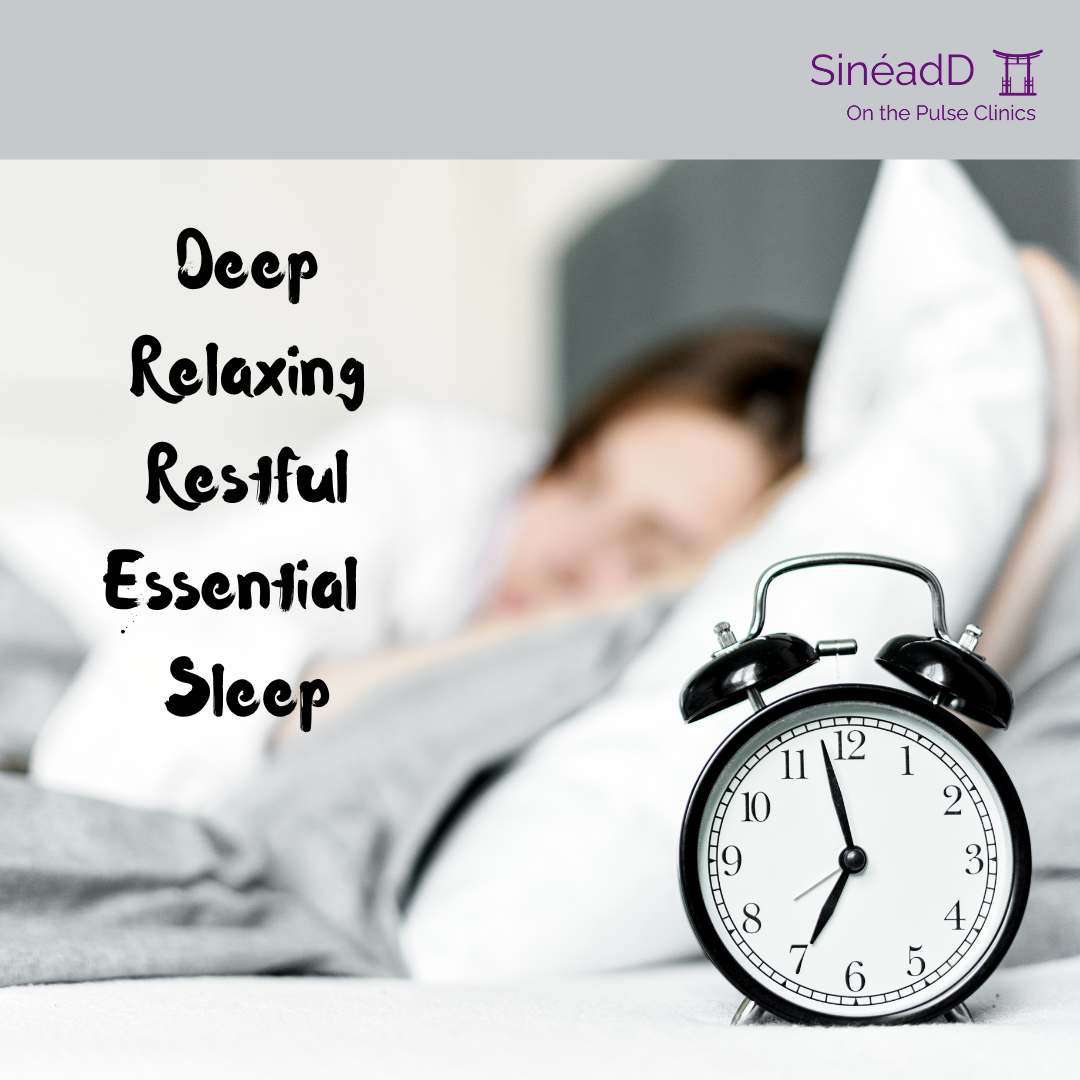Why Deep Relaxation Matters and How Acupuncture Helps
In a world where stress is constant and sleep is often broken, true rest can feel out of reach. For many, it’s the daily strain of work or financial pressure. For others, it’s caring for children or loved ones, living with long-term illness, or managing ongoing pain.
Whatever the cause, the result is the same: when the body and mind don’t get a chance to rest, health suffers. Poor sleep and chronic stress affect mood, focus, energy, immunity, and even how well the body repairs itself. That’s why making time for deep relaxation isn’t a luxury – it’s essential.
Acupuncture as a reset button
During an acupuncture session, many people notice a profound shift. Within minutes, the body moves into a calmer state. Breathing slows, tension eases, and the mind quiets. It’s not unusual to drift into a light sleep – sometimes a full nap. Research suggests acupuncture helps the brain switch from its “alert” patterns into the more restful rhythms that support healing and balance.
Why two sessions can be better than one
One session: Offers immediate calm, often improving sleep that night and leaving you lighter, clearer, and less tense.
Two sessions in a week: Reinforces that calm, making it more likely to last. It’s like reminding your body twice in one week how to relax, so the effect “sticks” more strongly.
For people who have been running on empty for a long time, starting with two sessions can make all the difference. After that, sessions can be spaced out as your system learns to reset more easily.
Relaxation as protection
Regular relaxation isn’t indulgence – it’s protective. By lowering stress hormones, improving sleep quality, and giving the body more time in repair mode, acupuncture can help protect long-term health. Whether you’re juggling work, family, illness, or the simple demands of modern life, building in time for rest is one of the best investments you can make for your wellbeing.

